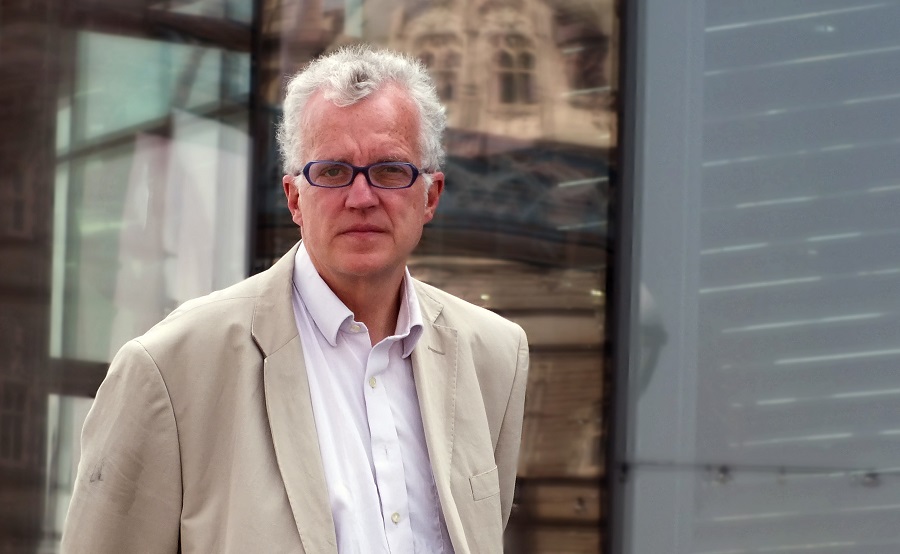This was the event that transport managers have been dreading since 9/11, or indeed since the IRA attacks which started in the seventies. July 7 2005 will go down as the most terrible day in the 142 year history of the Underground. But devastating as the immediate effects are, the worst response would be to close down parts of our transport system for long periods.
These attacks may have been expected but that does not mean they were preventable. Public transport is an open system, available to anyone with a ticket and therefore it will always be vulnerable. Not only is it easily accessible, but the resulting chaos is testimony to the ‘success’ of the terrorists.
London Underground has 275 stations and there are nearly 3 million journeys on the network every day. Peopole can take with them whatever baggage they can carry and on the Piccadilly Line, which goes out to Heathrow, huge amounts of baggage are taken. There is even extra space to allow for this.
Since the IRA attacks, which occasionally targeted both mainline and tube stations, and the King’s Cross fire of 1987, London Transport has developed sophisticated and well rehearsed methods to tackle emergencies. There is better staffing at stations and highly developed evacutaion procedures which have been shown to work effectively when there have been false alarms or minor incidents.
The transport network, particularly in London will always be a soft target as any attempt at systematic security checks would be completely impossible. Terrorists, therefore, will always seek to attack transport networks. Moreover, the economic knock-on effects are greatest in the capital. Tourists are likely to be fearful of coming to Britain even though any major city is similarly vulnerable.
The job of the managers of London Underground will be a tough one. They were right to shut down the network. However, they must get the system going as quickly as possible and this may involve taking a firm line with the Health and Safety Execuutive which tends to be very conservative in the wake of such incidents.
While the casualties are high, it does seem that th aim of the terrorists was to cause maximum chaos rather than, as in Madrid, the most deaths. The calls from Mayor Ken Livingstone and others for Londoners to go about their business normally in the next few days are right. Even with yesterday’s death toll, the chances of dying in such an attack are far lower than being run over on the way to work or suffering an accident at work. In the days of the IRA bombs, Londoners generally continued to work normally and it is to be heoped that they so again after these ghastly outrages.
